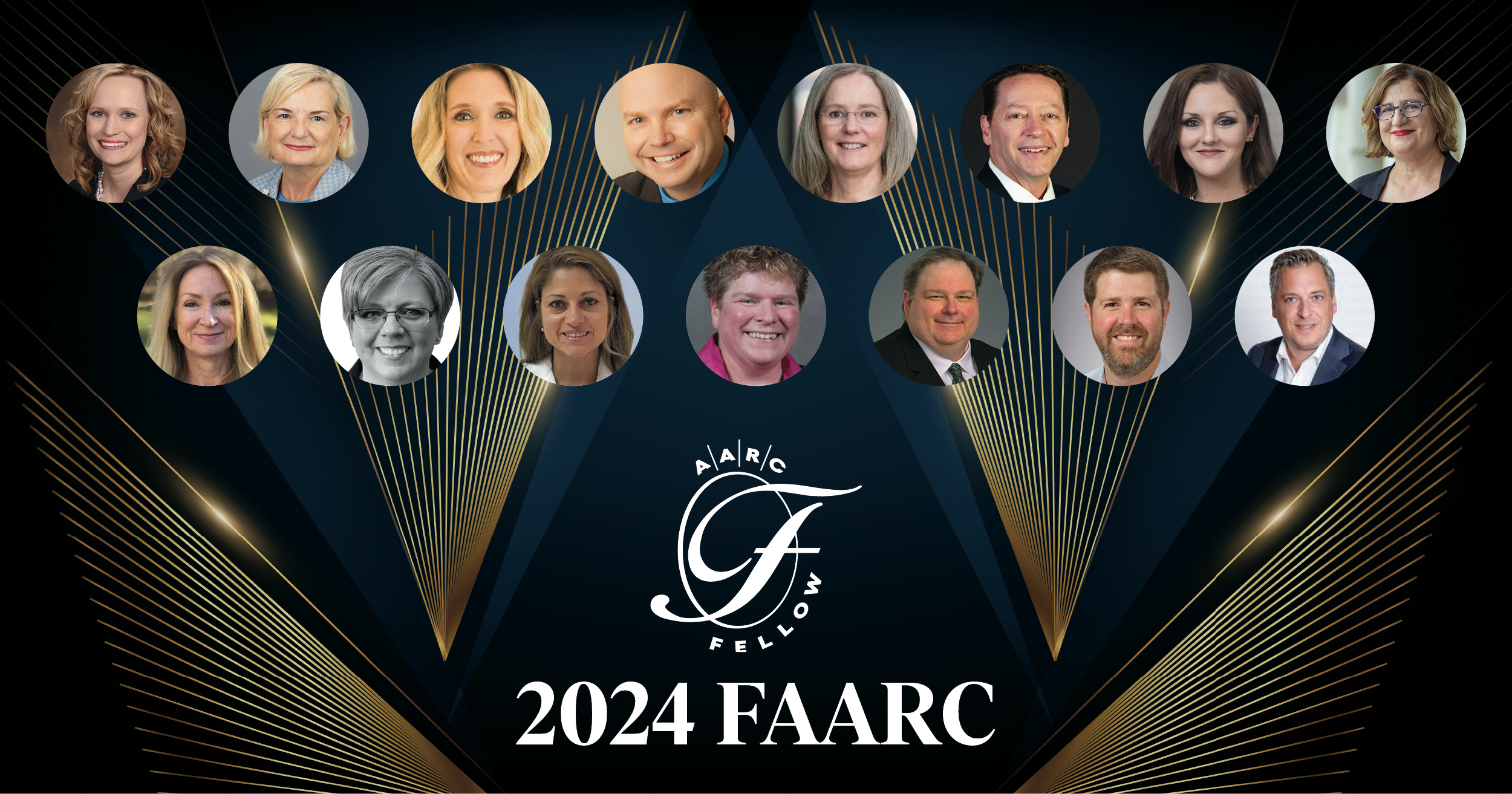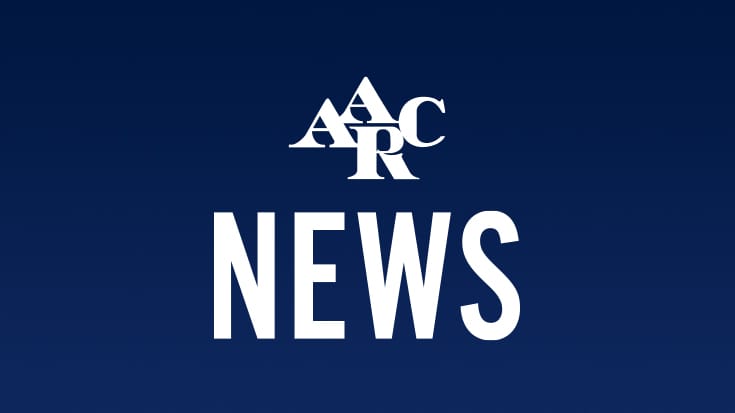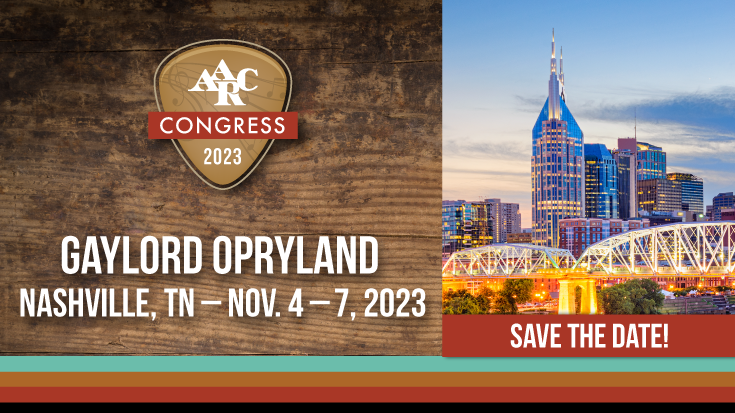
Being a respiratory therapist is hard. Not just hard work, which of course, is part of the mix, but hard in the sense that you must deal with difficult patient situations where the outcomes are not always assured or positive.
Finding rewards in this type of work can be a challenge, but respiratory therapists who have done it believe it has enriched their careers and their lives.
Worth it all
Mark Rogers, BS, RRT, RRT-NPS, is a clinical educator in the cardiopulmonary services department at Children’s Hospital of Orange County in Orange, CA. He’s been an RT for 35 years now, and when he thinks back on those years he says he realizes that his entire professional life has been devoted to making the lives of everyone he has touched — patients, families, students, and clinicians — better.
That’s what makes it all worthwhile for him.
“The RT profession can be challenging at times — long hours, demanding shifts, and the emotional strain of dealing with illness, chronic disability, and death of patients in our care,” Rogers said. “We all have good days and bad. As I get older and wiser, I have learned that we really do make a difference in the lives of others and that the positive aspects of being an RT make those tireless demands worth it.”
The RT’s work matters
For Ruth Karales, BS, RRT, manager of respiratory care services at Rush Copley Medical Center in Aurora, IL, job rewards lie in seeing people with respiratory problems get well, the smiles she receives from patients and families, being able to answer questions from patients, families, and peers, and most especially, “realizing that what I do for a living actually matters to those I see daily.”
She also finds job satisfaction in researching evidence-based practices and bringing in new supplies and processes intended to help those served by her department.
“When things are stressful, we need to remember the positive end of the stress,” Karales said. Namely, with each life you touch, you are given the opportunity to make a difference. It’s that touch that keeps her going.
Resolving problems
“The patients – and resolving what it is that brought them to you – is the reward,” said William Demaray, BS, RRT. “The potential of experiencing that reward is what keeps me here daily.”
As a cystic fibrosis respiratory specialist and sepsis coordinator at UNM Hospitals in Albuquerque, NM, he sees patients who are facing life-threatening challenges. By viewing each one with an eye toward the positive rather than the negative, he finds his days full of satisfaction.
“This has really driven my career path, culminating in the Cystic Fibrosis Clinic,” Demaray said. “In the early days, sometimes the adrenaline rush drove me to trauma and ICUs. However, as I cared for more people outside of the ICU and trauma room, it sharpened my appreciation of the thrill found working with the patient to resolve the difficulty they were experiencing at that moment.”
ROI is clear
It’s easy to focus on the negatives in any job, but in a profession like respiratory care where people’s lives depend on what you do and how you do it, finding rewards is pretty easy. Anytime a patient breathes easier, the return on investment is clear.
Looking for a little help in your own quest for rewards on the job? AARC Congress 2018 is the place to find it. Nowhere else will you run into so many respiratory therapists who all love their jobs and want to help you love yours too. Be there, Dec. 4-7, in Las Vegas!
Email newsroom@aarc.org with questions or comments, we’d love to hear from you.
















